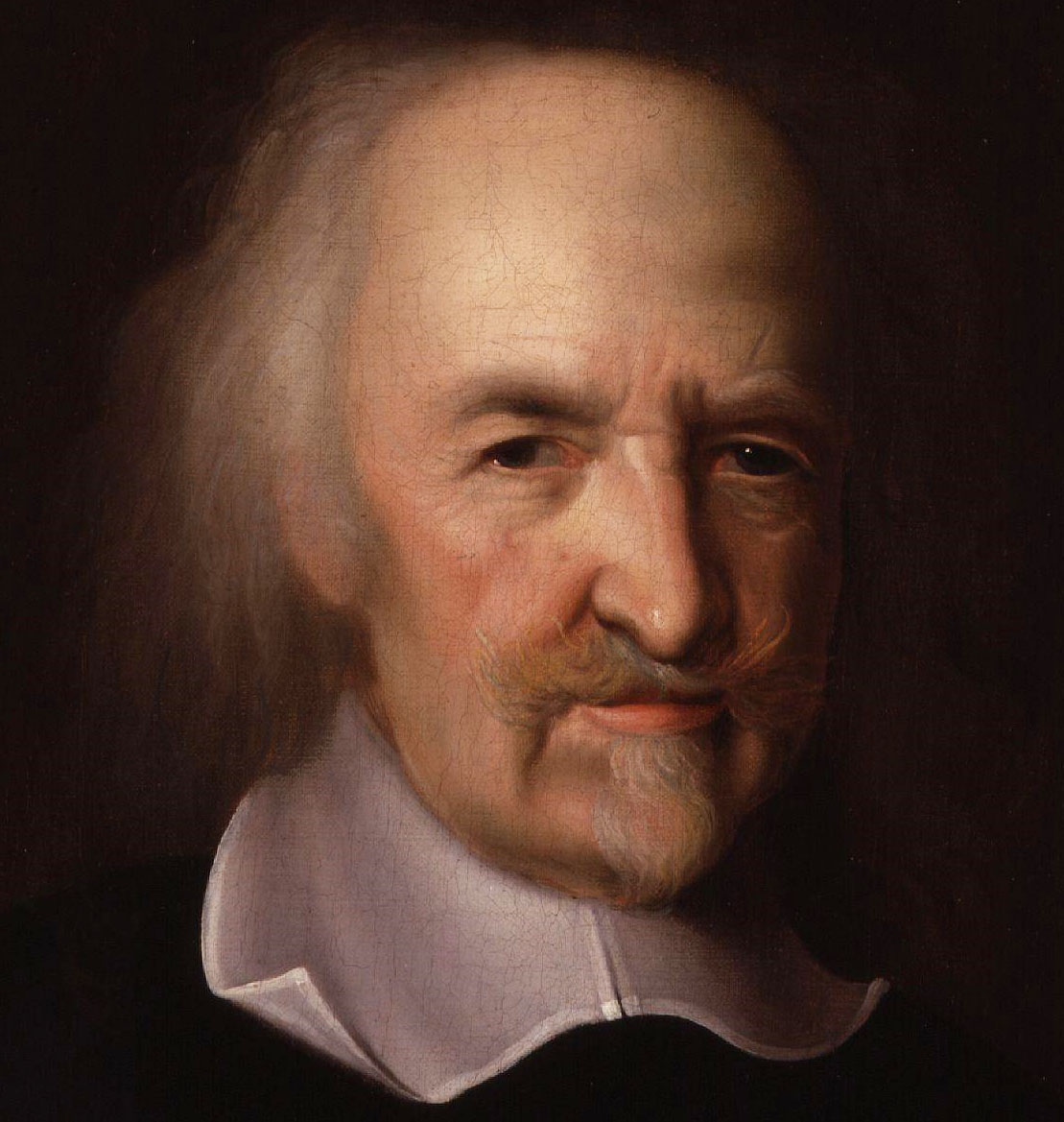5 April 1588: Happy Birthday, Thomas Hobbes
00:01
Painting of Thomas Hobbes from The National Portrait Gallery, London.
Image source: Wikipedia
Image source: Wikipedia
Via Wikipedia.
Thomas Hobbes (April 5, 1588–December 4, 1679) was an English philosopher, whose famous 1651 book Leviathan set the agenda for nearly all subsequent Western political philosophy.Much more here.
Although Hobbes is today best remembered for his work on political philosophy, he contributed to a diverse array of fields, including history, geometry, ethics, general philosophy and what would now be called political science. Additionally, Hobbes's account of human nature as self-interested cooperation has proved to be an enduring theory in the field of philosophical anthropology.
In Leviathan, Hobbes set out his doctrine of the foundation of societies and legitimate governments. In the natural condition of mankind, while some men may be stronger or more intelligent than others, none is so strong and smart as to be beyond a fear of violent death. When threatened with death, man in his natural state cannot help but defend himself in any way possible.
Self-defense against violent death is Hobbes's highest human necessity, and rights are borne of necessity. In the state of nature, then, each of us has a right to everything in the world. Due to the scarcity of things in the world, there is a constant, and rights-based, "war of all against all" (bellum omnium contra omnes). Life in the state of nature is "solitary, poor, nasty, brutish, and short" (xiii).
But war isn't in man's best interest. According to Hobbes, man has a self-interested and materialistic desire to end war — "the passions that incline men to peace are fear of death, desire of such things as are necessary to commodious living, and a hope by their industry to obtain them" (xiii, 14). He forms peaceful societies by entering into a social contract.









0 Comments:
Post a Comment
<< Home